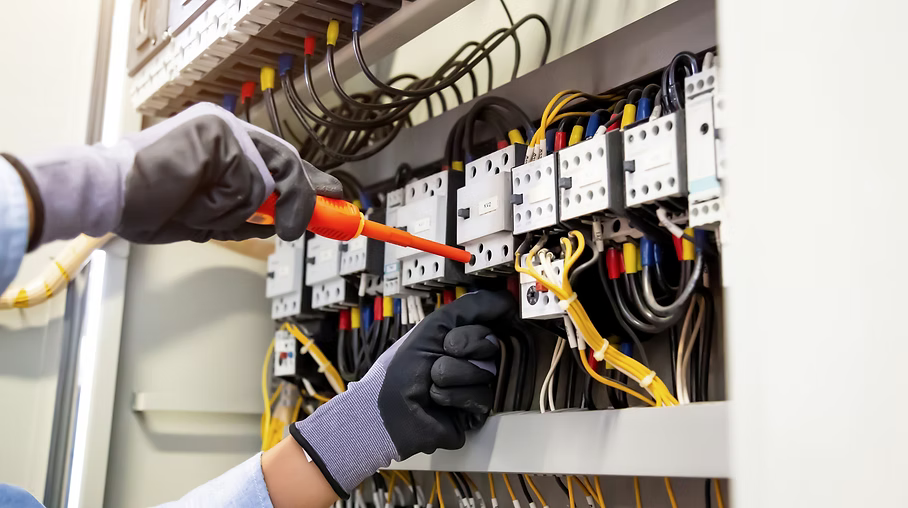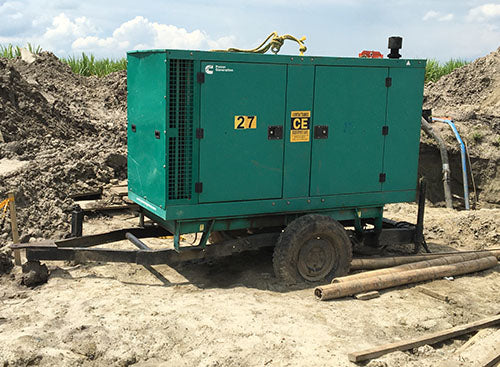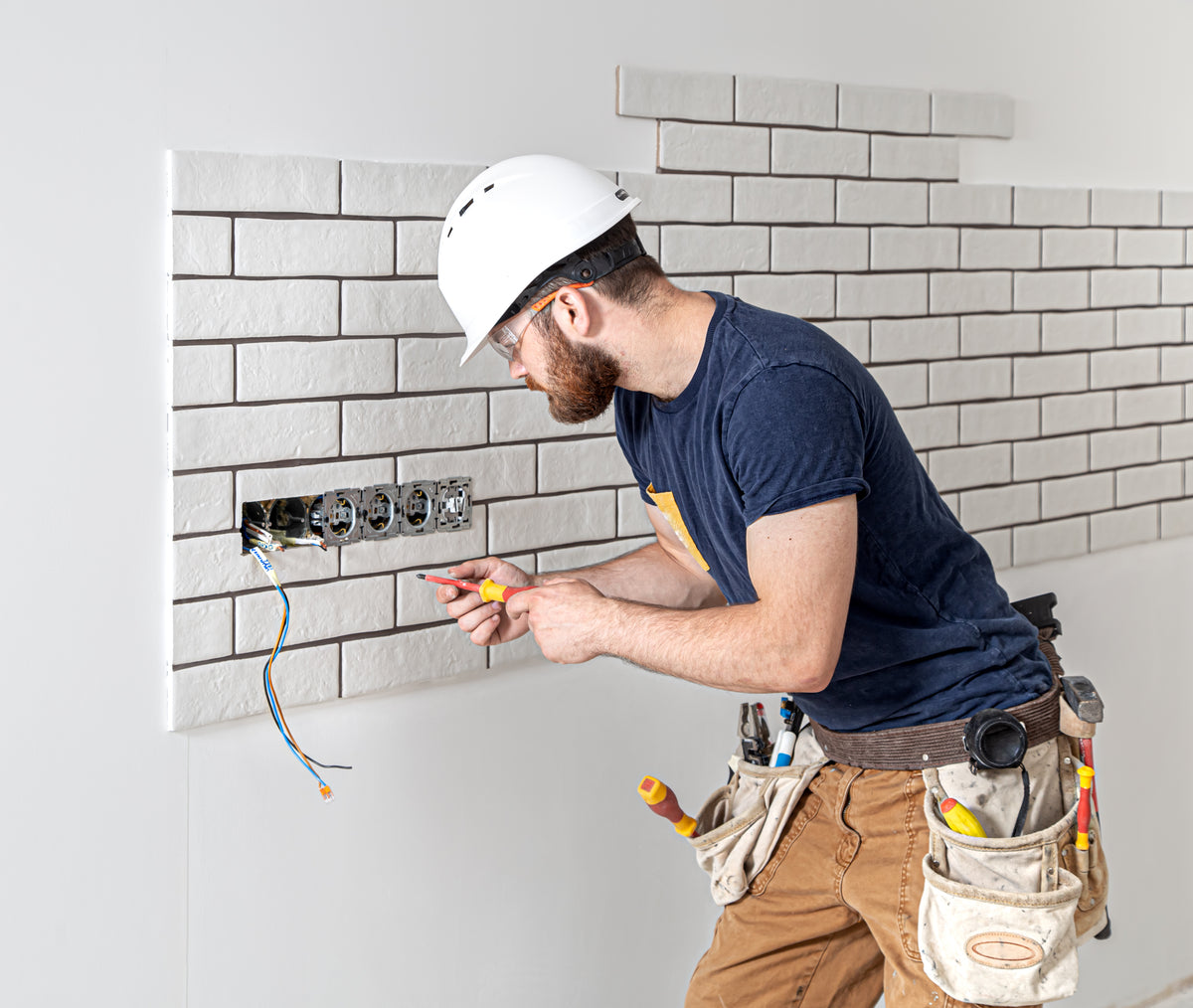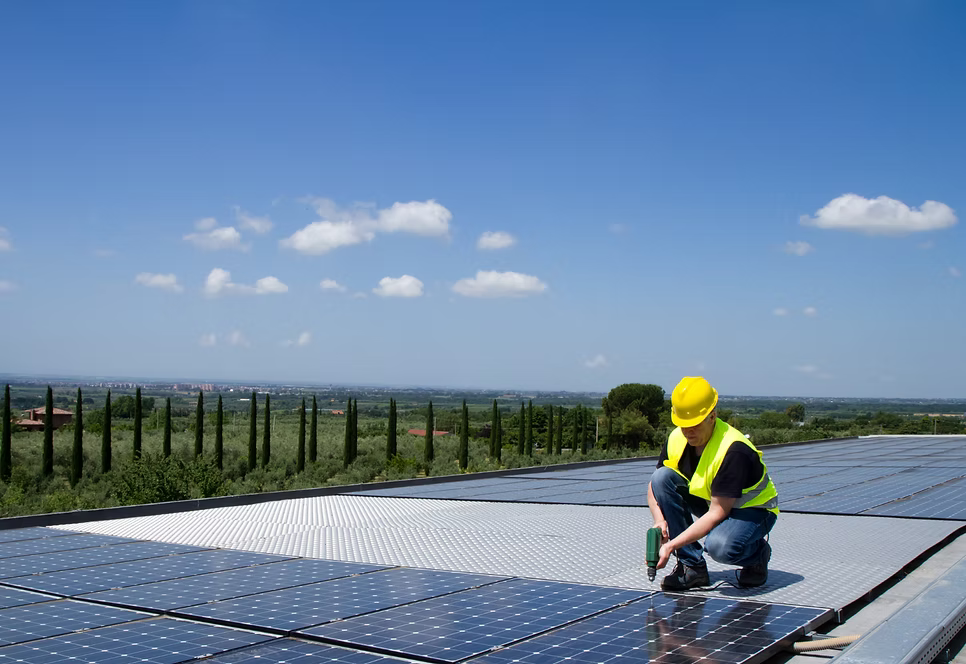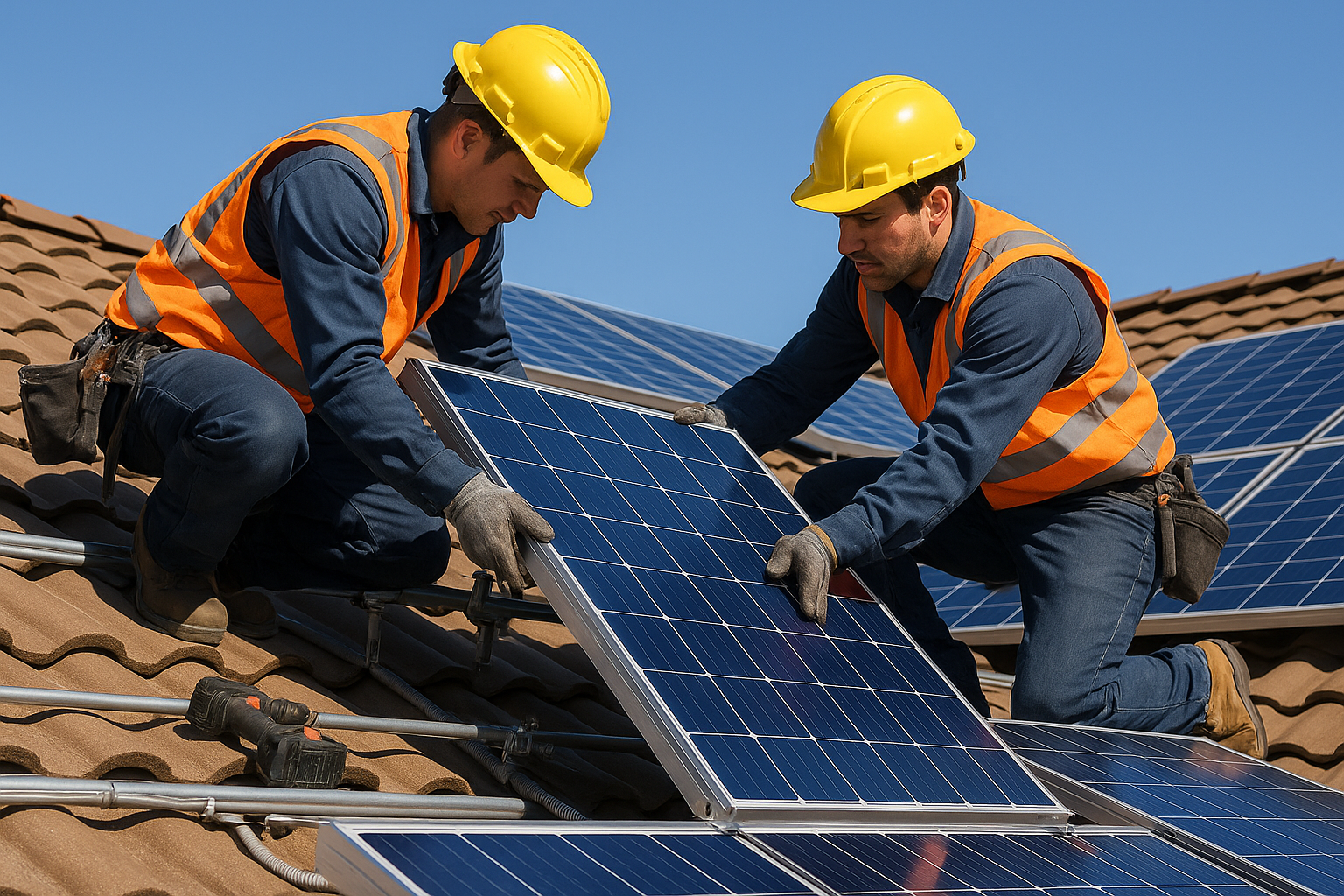Solar energy has become one of the most effective solutions for reducing electricity costs and contributing to environmental protection. More and more homes are choosing to install solar panels to harness the sun's clean, renewable energy.
However, the success of an installation doesn't depend solely on purchasing panels and mounting them on the roof. There are several technical and planning factors you should be aware of before taking this step.
1. Evaluate your energy consumption
Before you consider installing one, check your electricity bill and note your monthly consumption in kilowatt-hours (kWh).
This information will allow you to calculate how many panels you will need.
💡 Practical example:
If you consume 500 kWh per month and live in an area with good solar radiation, a system of 10 400W panels could cover most of your consumption.
2. Analyze your location and available space
-
Ideal orientation: Panels should face north (in the southern hemisphere) or south (in the northern hemisphere) to capture more light.
-
Tilt: The angle of the panel should be adapted to the latitude of your area.
-
Shadows: Avoid shadows from trees, buildings or antennas, as they affect efficiency.
3. Choose the type of solar panel
-
Monocrystalline: More efficient and better performance in small spaces.
-
Polycrystalline: More economical and perform well in sunny areas.
-
Bifacial panels: They capture energy on both sides, ideal for light-reflecting roofs.
4. Choose the right investor
The inverter converts solar energy (direct current) into usable electricity (alternating current). A quality inverter is key to system efficiency.
5. Installation by certified professionals
An accredited installer:
-
Ensures safety and efficiency.
-
Complies with electrical regulations.
-
Ensures correct connection to the network.
6. Calculate the return on investment
On average, the return is between 4 and 7 years.
After that time, all the energy you generate will be net savings.
Frequently Asked Questions
Do they work on cloudy days? Yes, although they generate less energy.
Do they require maintenance? Just an annual cleaning and checkup.
Conclusion:
Installing solar panels is a safe investment that combines savings, energy independence, and sustainability.
